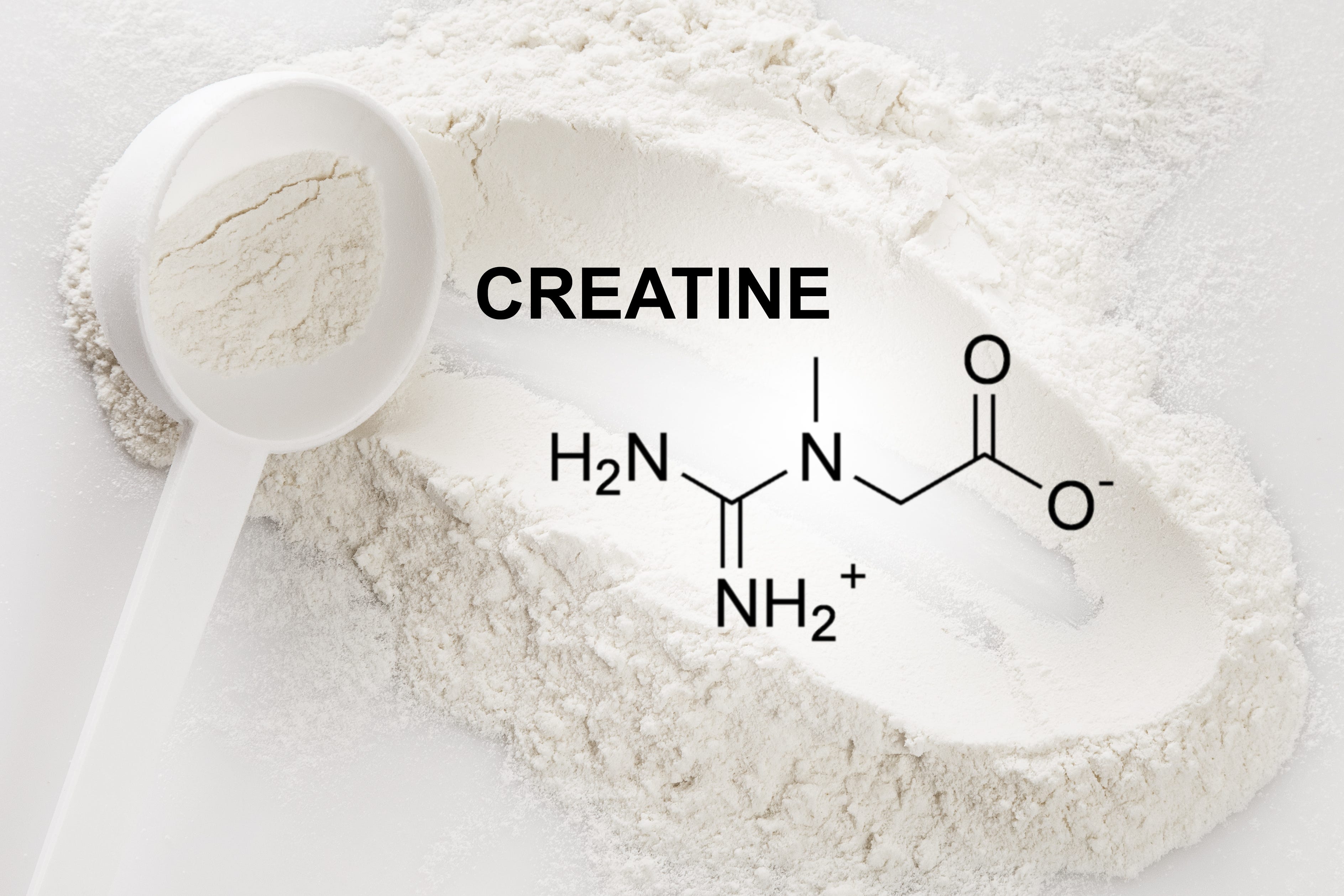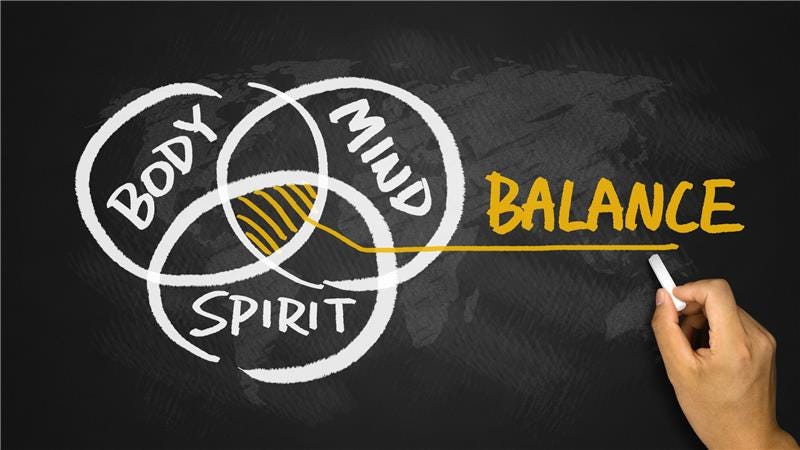
Revitalize Cognitive Performance with Creatine Monohydrate
Creatine monohydrate is one of the most extensively researched dietary supplements, offering multiple benefits for athletic performance, muscle health, and cognitive function. As an endogenously produced metabolite, creatine is vital in refueling and rehydrating brain and muscle tissues at the cellular level. Additionally, it is a valuable option for vegetarians and aging adults who may have lower creatine levels due to dietary restrictions or reduced natural production.
Creatine’s Mechanism of Action in the Brain
While most of the body’s creatine stores are in skeletal muscle to fuel ATP production for physical performance, the brain is highly metabolically active, accounting for up to 20% of the body’s energy consumption requiring a continuous and substantial amount of ATP. 1
Creatine monohydrate enhances ATP production in brain cells, ensuring a rapid resynthesis of ATP during high-demand situations. This process is crucial for synaptic transmission, maintenance of ion gradients, and overall brain function.
Dietary creatine is transported through the blood-brain barrier by specific transporters, indicating the importance of this nutrient for the brain to function correctly. By increasing phosphocreatine stores in the brain, creatine provides an immediate reserve of high-energy phosphates to generate adequate ATP to support the brain’s mental clarity and proper function during complex cognitive tasks, hypoxia, sleep deprivation, and other neurological stressors. 1
Neuroprotective Effects of Creatine
Creatine's antioxidant properties help protect brain cells from oxidative stress, reducing cellular damage that can lead to cognitive decline and neurodegenerative diseases.
Recent research indicates that creatine supplementation may mitigate and potentially reduce the severity of inherent cognitive decline associated with aging, chronic neurological conditions, and even mild traumatic brain injuries. 1,2
As an antioxidant, creatine significantly reduces oxidative stress in brain cells, helping to prevent cellular damage linked to these types of circumstances. Additionally, creatine supports mitochondrial health and function, which is essential for energy production and brain cell vitality. These neuroprotective effects make creatine a safe and clinically relevant supplement for maintaining brain health and function.
A research review conducted by Dolan et al. reported that 9 of 12 clinical studies demonstrated a significant increase (5-10%) in brain creatine and phosphoryl creatine levels when following similar supplemental creatine protocols. These studies included healthy patients as well as patient populations who have altered brain energetics associated with mental health and mood disorders. 2
Creatine Enhances Cognitive Performance
As a conditionally essential brain nutrient, creatine supports overall brain health and function and offers therapeutic benefits for a wide range of cognitive health issues.
Research indicates that creatine supplementation may enhance cognitive performance, particularly in tasks requiring short-term memory and quick thinking. It is especially beneficial during periods of mental fatigue and sleep deprivation, as it helps maintain cognitive function by boosting the availability of ATP. This property makes creatine an effective supplement for improving mental performance and clarity during demanding cognitive activities.
Because creatine levels are naturally lower in those who abstain from meat, fish, and dairy products, some studies indicate that these populations show significant increases in cognitive function when compared to omnivores. However, further research is needed on the differential response to creatine supplementation between these two dietary preferences and populations.
Athletes have utilized creatine as an ergogenic supplement to boost athletic performance and muscle recovery following intense exercise. However, additional cognitive-related benefits include improved accuracy and mental clarity. Creatine supplementation in this population is most effective under extended stress-induced cognitive processes and mental exertion periods. 1
Creatine Monohydrate – Quality and Purity are Essential
Creatine supports physical and mental performance, making it a versatile supplement for optimal health. Its ability to enhance brain health and function by protecting brain cells and improving mental clarity makes it an excellent choice for individuals seeking to maintain or improve their cognitive health.
Quality is paramount when supplementing for athletic and cognitive performance support. Creatine supplements are often adulterated with fillers, impurities, and contaminants.
Practitioners should consider recommending high-quality, pharmaceutical-grade creatine monohydrate as a reliable and effective supplement to support their patient's cognitive and physical health needs. Moreover, the safest and most reliable creatine monohydrate supplements are GMP-certified and third-party tested for purity and potency.
Creatine Clinical Applications & Practical Integration
For cognitive support, extensive research indicates that a daily intake of 5-10 grams of creatine can optimize brain cell energy production while maintaining muscle mass. 3
This dosage is particularly beneficial for aging populations, vegetarians, and individuals with increased cognitive demands. Practitioners should consider integrating creatine supplementation into patient care plans, considering individual needs and health conditions. Monitoring patient responses and adjusting dosages as necessary can help maximize cognitive benefits.
Integrating creatine supplementation into clinical practice involves educating patients about its benefits for cognitive health and addressing common concerns and misconceptions. By highlighting its role in enhancing physical and mental performance, practitioners can promote creatine as a versatile supplement for overall health and wellness.
References
- Roschel H, et al. Creatine Supplementation and Brain Health. Nutrients. 2021;13(2):586. Published 2021 Feb 10. doi:10.3390/nu13020586 https://pubmed.ncbi.nlm.nih.gov/33578876/
- Dolan E, et al. Beyond muscle: the effects of creatine supplementation on brain creatine, cognitive processing, and traumatic brain injury. Nutrients. 2021 Feb 10;13(2):586. DOI: 10.3390/nu13020586. https://pubmed.ncbi.nlm.nih.gov/30086660/
- Kreider RB, et al. International Society of Sports Nutrition position stand: safety and efficacy of creatine supplementation in exercise, sport, and medicine. J Int Soc Sports Nutr. 2017;14:18. Published 2017 Jun 13. doi:10.1186/s12970-017-0173-z https://pubmed.ncbi.nlm.nih.gov/28615996/









